Short News – Europe
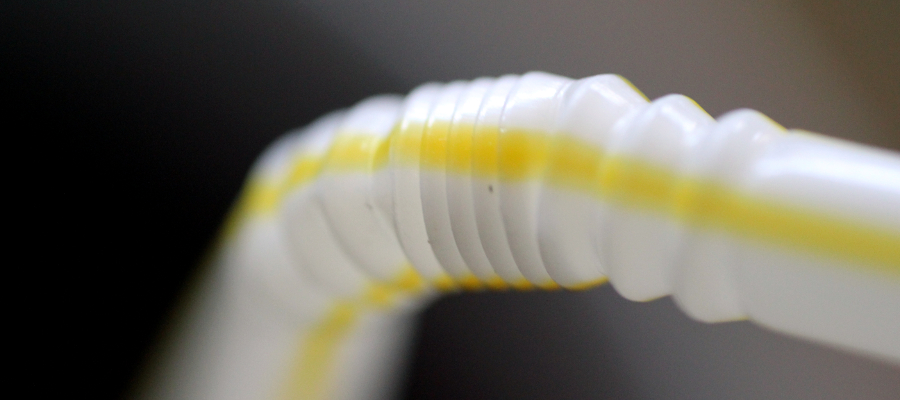
Scotland to ban plastic straws
From the end of 2019, producing and using plastic straws will be banned in Scotland. The ban aims to protect the environment, especially the sea.
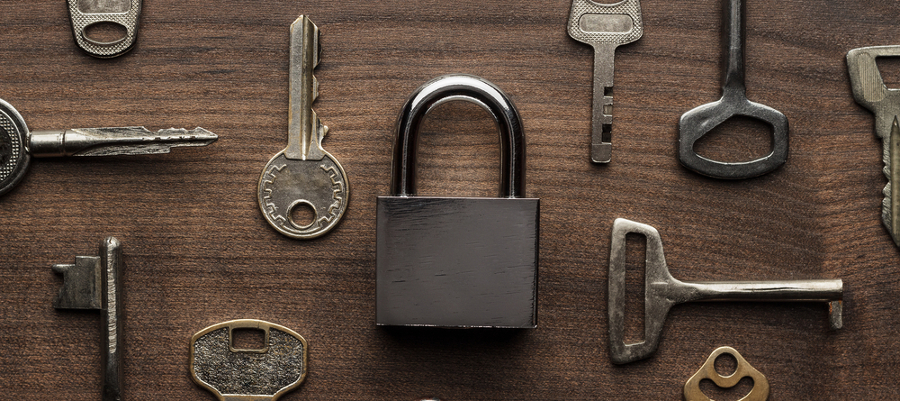
Good news in demand
The English newspaper The Guardian has realised that their readership increases by 10 percent when the articles also point to solutions to the world’s problems.

Electric ferry rocks the boat
The first electric ferry in Norway has been shown to emit 95% less CO2, and it’s also 80% cheaper to operate. An additional 53 electric ferries have been ordered.
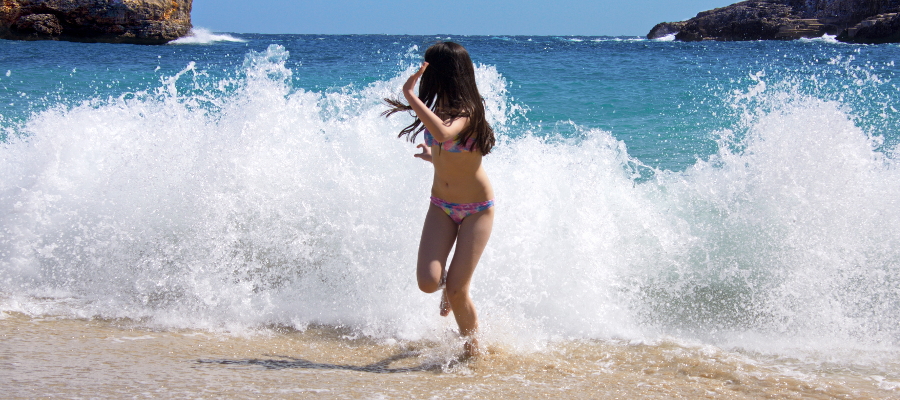
Mallorca and Ibiza to ban plastic
The Balearic Islands will ban single-use plastics from 2020, to keep beaches clean and attract more tourists.
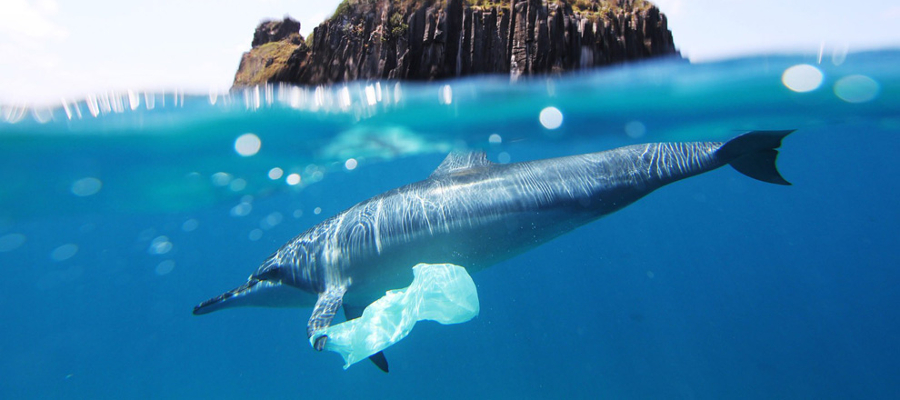
The big British bag bash
In England, the use of thin plastic bags has decreased by 90 percent since a fee was introduced in 2015. The same idea is considered for single use coffee cups.
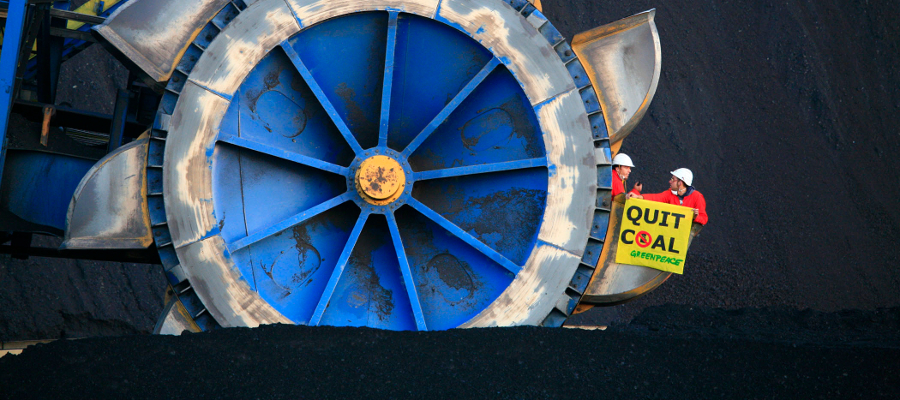
Italy to ditch coal
By 2025, Italy wants to stop using coal. Several other countries have also declared that they want to stop burning this dirty fuel.
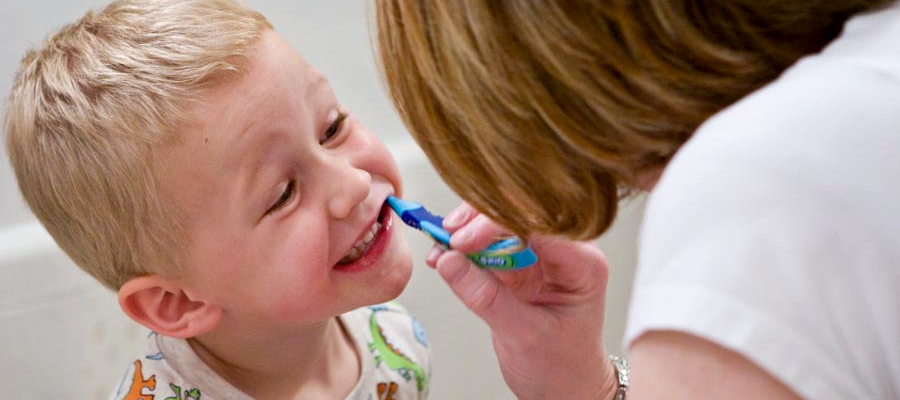
Move against microplastics
From July 2018, the UK will ban harmful microplastics from products such as toothpaste and shower gel. The USA is expected to introduce a similar ban.
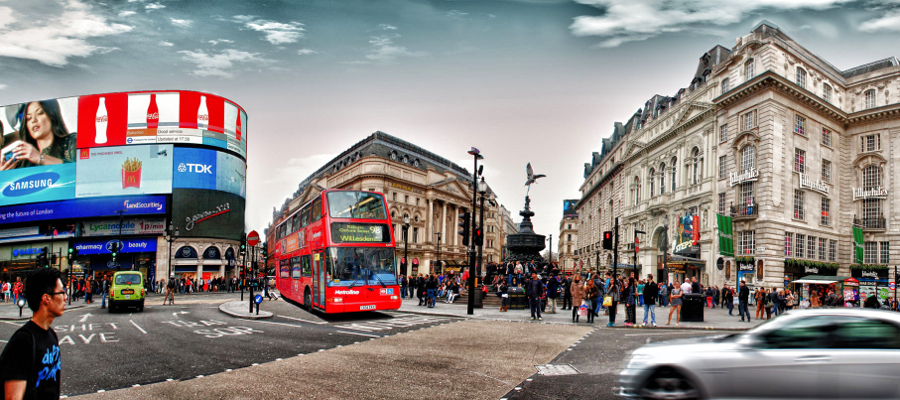
London puts a price on clean air
People with older diesel cars will now have to pay almost twice as much to drive into central London. The price hike is meant to improve the city’s air quality.
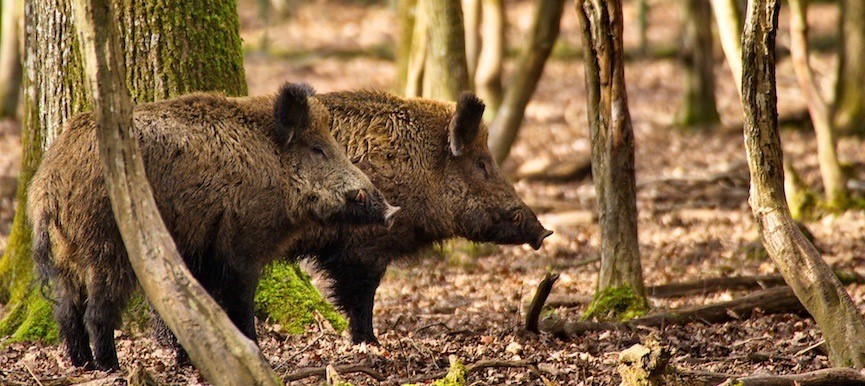
Forests spreading fast in France
Forest cover grew rapidly in France since 1990, going up by an average of 102,000 hectares a year. Almost a third of the country is now covered by woodland.
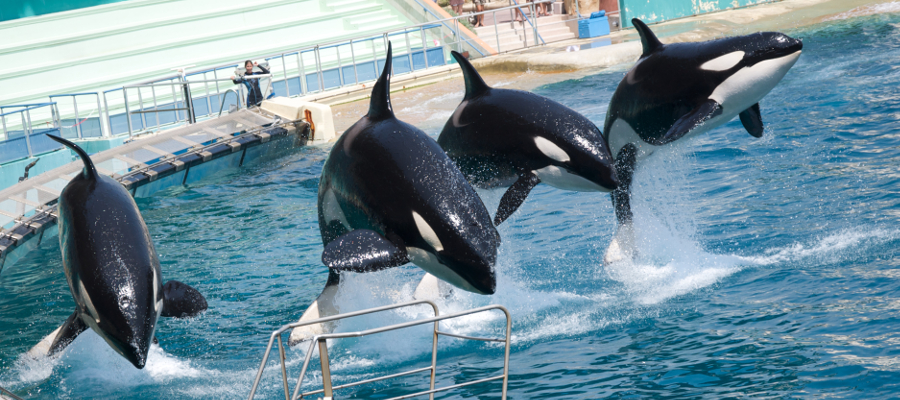
France bans whale breeding
In France, it’s now forbidden to breed whales in captivity to use them for whale shows. Whales already in captivity must be given substantially bigger pools.
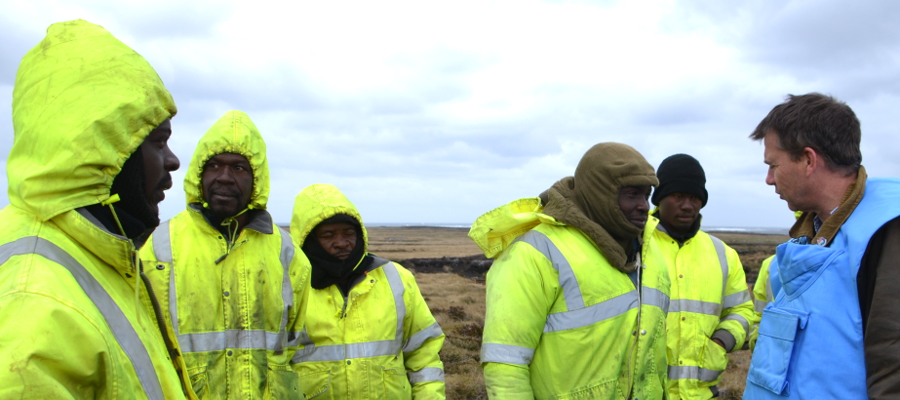
Towards mine-free Falklands
A team of experienced deminers from Zimbabwe have now cleared more than 7 million square metres of previous minefields on the windy Falklands Islands.
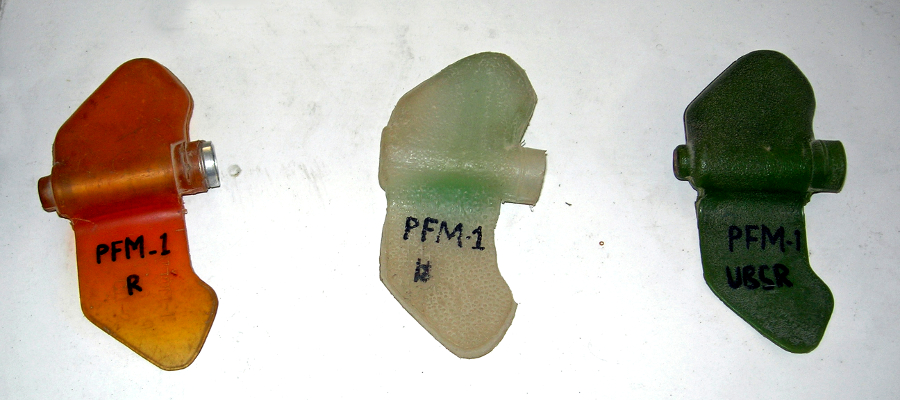
End of landmines in Belarus
The last of Belarus’ 3 million landmines have now been destroyed. This makes Belarus the 159th country in the world to get rid of the insidious weapons.